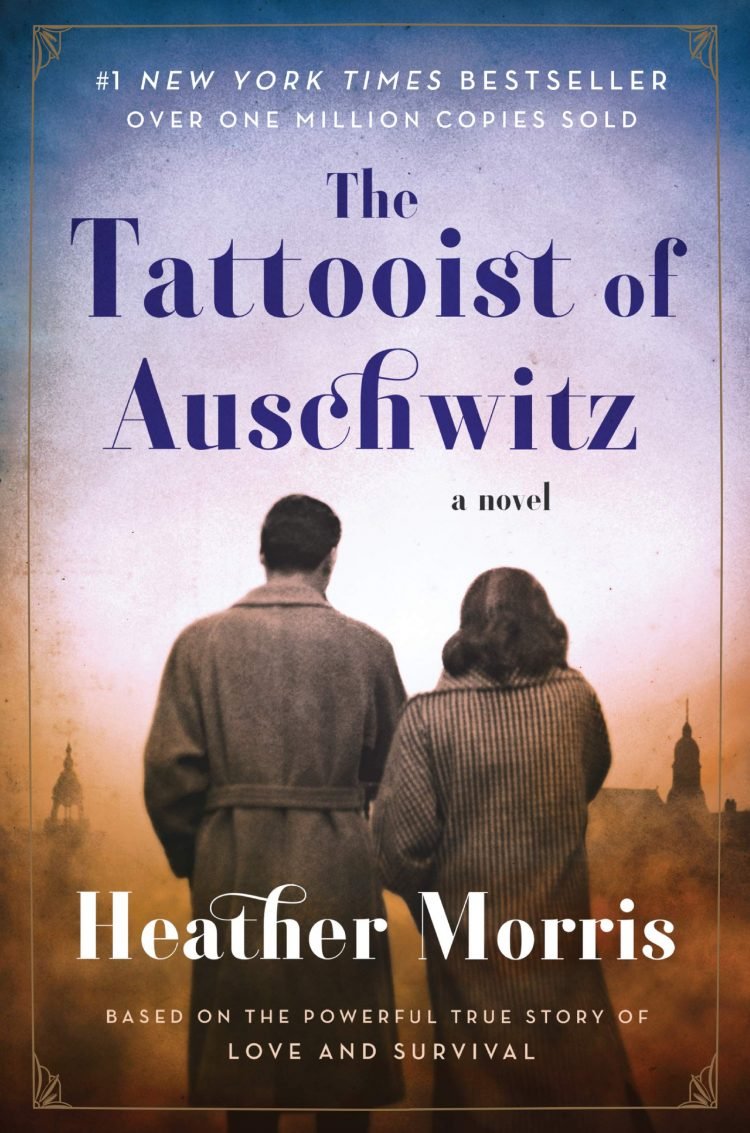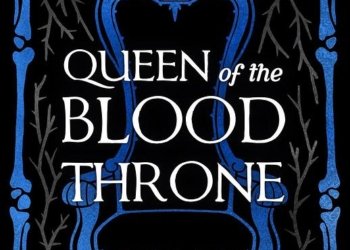No products in the cart.
The Tattooist of Auschwitz by Heather Morris
I was exposed to enough reports of the unimaginable horrors committed during World War II when I was little, both actual and fictitious. I have, however, read fairly little of the flood of Holocaust literature that has been released in the past ten or so years. Why? Because I have mixed feelings about blatantly dramatising such occurrences.
It is crucial to maintain the widespread conscience of the possibility that the unthinkable may occur if we do not take action to prevent it. And I think one of the most effective media for doing that is “fiction.” However, real life is messy and rarely follows the plot and character tropes that the majority of readers desire. “If you wake up in the morning, it is a good day.”The Tattooist of Auschwitz
It is a disservice to the innumerable people who have been in that situation to even imply that good and wrong are always black and white when one is confronted with their own (or a loved one’s) mortality. Without being truthful about the circumstances surrounding the seemingly difficult decisions taken during the Holocaust, one cannot fully comprehend its long-lasting psychological and physical effects. It is obvious that Heather Morris is aware of this.
Yes, there is a love and dedication tale in The Tattooist of Auschwitz, made all the more astonishing and moving by the circumstances surrounding it. The authenticity and transparency of Lale’s narrative, particularly in regard to his will to survive and the steps he took to pursue that objective, are, in my opinion, what truly distinguishes this fiction based on truth. The narrator’s belief that to survive was to triumph while his captivity in the extermination camps strikes a chord with readers. It had a genuine, raw feeling.
I respect Morris for using restraint when narrating the tale of Lale and Gita. She combines explanation of the atrocities committed on a large scale with the many stories of people whose plights we become concerned in in relatively brief and well-paced chapters. The narrative’s trustworthiness and reader effect are enhanced by the conspicuous absence of literary decadence. It’s a strong and gripping book, Heather Morris’ The Tattooist of Auschwitz. This book about the Holocaust should be the one you read this year, in my opinion.
About The Book
Lale Sokolov is a ladies’ man, well-dressed, and charming. He is Jewish as well. Lale instantly stands out to his fellow prisoners on the first trip from Slovakia to Auschwitz in 1942. In the camp, he is respected, watched over, and given the honourable job of tätowierer — the tattooist — to permanently brand his fellow inmates. One of them is Gita, a young lady who immediately captures his attention.
Lale strives to use his position for good while struggling and suffering since his life now has a new purpose. This inspiring tale was inspired by years of conversations author Heather Morris had with tattoo artist Ludwig (Lale) Sokolov, a Holocaust survivor who actually worked at Auschwitz-Birkenau. It is heart-wrenching, illuminating, and unforgettable. “The Tattooist of Auschwitz has the quality of a dark fairytale. It is both simple and epic, shot through with compassion and love… Everyone should read it”Hugh Riminton “Heather Morris climbs into the dark miasma of war and emerges with an extraordinary tale of the power of love”Leah Kaminsky
The Review
The Tattooist of Auschwitz
9.5 Score
This book was designated as our book club's next read and though I was excited to read it, as I had read several good reviews, I kept putting it off as I felt that I knew, to some level, the horror of the subject-matter. Hence as I started to read it I was very uncomfortable, but as the book progressed I felt it a compelling read into the reality of human nature.
PROS
- An extraordinary love story.
- Amazing story!
- Powerful Story of Love and Survival!
- Beautiful and gut wrenching.
CONS
- Poorly written.
- No flow. not enjoyable or engaging.
- Simplistic, weak writing.
- Absolute tripe!











